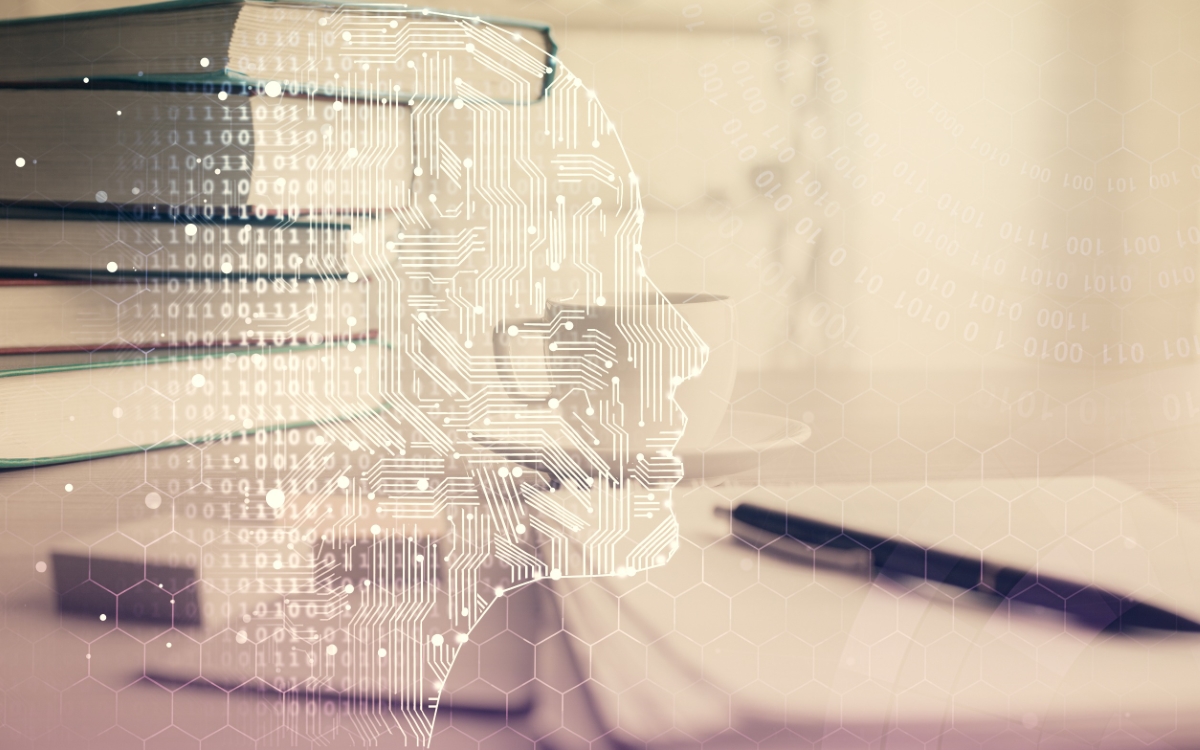OpenAI is the subject of ever-increasing lawsuits. The plaintiffs accuse the startup of forming its LLMs from copyrighted works, and of not giving any compensation to the rights holders.
Google, Anthropic and OpenAI are refining their technologies in their corners, without mentioning the sources used to train their large language models. More and more intellectuals, artists and creators are complaining about the looting carried out by the giants of technology, often in defiance of copyright. As early as June 2023, novelists were suing OpenAI for training its AI with pirated books.
A new group of authors decided to sue the startup for similar reasons. Actress Sarah Silverman and other authors are suing OpenAI, accusing it of “using their works as training data, without permission, using datasets from pirate sites” and “violating rights copyright, unfair competition, negligence and undue enrichment”. Furthermore, they believe that all chatbot results are derivative works generated without the permission of the rights holders.
OpenAI seeks to quash copyright infringement lawsuits against it
OpenAI sought to have the admissibility of these charges overturned. According to the company, “None of these causes of action constitutes a viable claim for relief, as none of the legal theories challenged here actually convict the alleged conduct with respect to ChatGPT, the language models that power it, or the process employed.” to create them”. In other words, the accusations of the rights holders are too vagueOpenAI would like the courts to focus on the sole charge of copyright infringement.
To defend themselves, the creators of ChatGPT intend to invoke the notion of “fair use”, or reasonable use. According to them, “these accusations give a false idea of the scope of copyright, because they do not take into account the limitations and exceptions […] which leave room for innovations such as LLMs today at the forefront of AI”. To believe them, too strict an application of copyright would hinder technological progress. Will justice be sensitive to these arguments? It is very likely. The courts often lean in favor of technological progress and large firms.
Source: Torrent Freak
